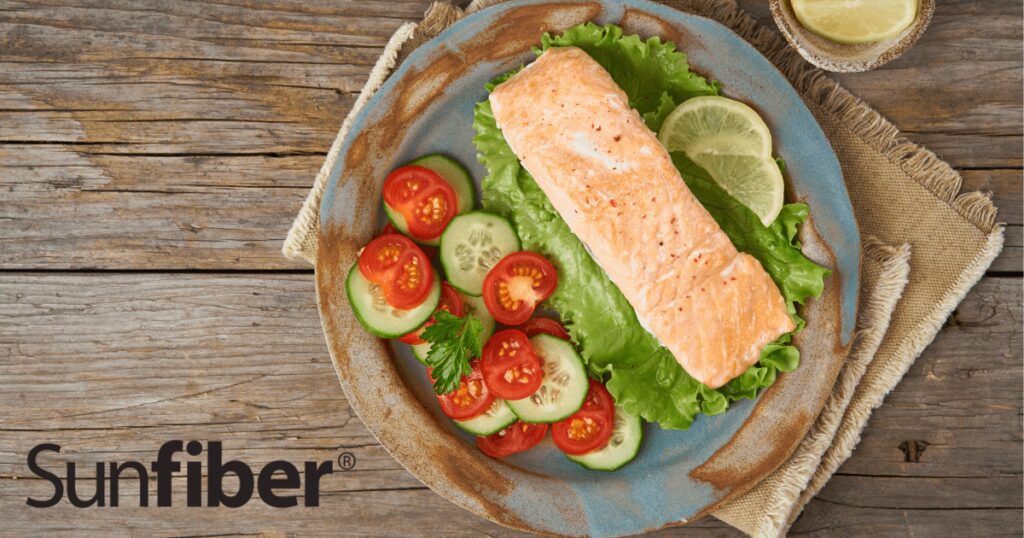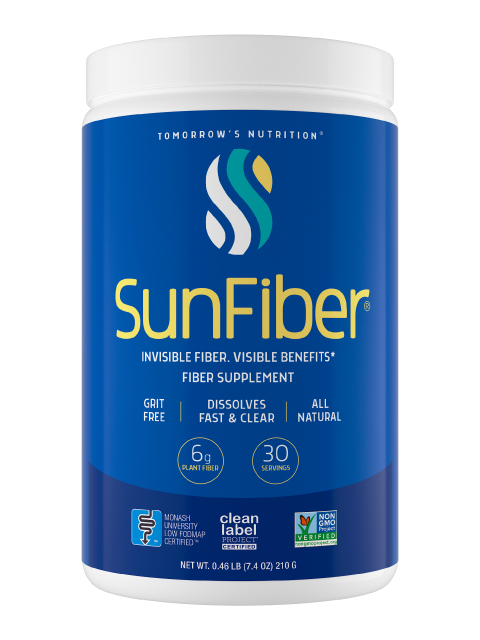FODMAPs are a category of short-chain carbohydrates. While their existence isn’t new, the scientific term only dates back to the early 2000s. Some people still have questions about FODMAPs, and what actions to take if they suspect they may be sensitive to them.
Here are answers to 10 frequently asked FODMAP questions. Always work with a nutritionist, dietitian or other healthcare professional to address your specific health concerns.
- What does FODMAP stand for? FODMAP stands for Fermentable Oligosaccharides, Disaccharides, Monosaccharides and Polyols. These are groups of short-chain carbohydrates found in a variety of foods. They are either difficult to digest or rapidly fermented by gut bacteria.
- Why are FODMAPs a concern for some people? FODMAPs can be fermented rapidly, which increases gas production and may not be well tolerated. This can result in bloating, abdominal pain or gas. People with Irritable Bowel Syndrome (IBS) are often particularly sensitive to FODMAPs.
- What is the low FODMAP diet? Because no two people are exactly alike, even their FODMAP sensitivities can differ. The low FODMAP diet is a screening and elimination dietary management plan. It helps individuals determine which foods are causing the issues and enables them to better manage their symptoms.
- What does the blue Monash University Low-FODMAP Certified logo stand for? This logo means the food or dietary supplement is recognized as a safe low-FODMAP choice for those with IBS, and is tested by Monash University, founders of the low FODMAP Diet.
- Why is fiber supplementation an important low FODMAP consideration? Many high-FODMAP foods are also high fiber. One pitfall of reducing FODMAPs in the diet is that you might also be reducing dietary fiber intake. Unfortunately, most traditional fiber supplements are high FODMAP, which can worsen digestive symptoms. Sunfiber was the first fiber certified Low FODMAP by Monash University. Eight studies specifically show Sunfiber’s benefits related to IBS symptoms such as regularity, abdominal pain, gas and bloating. Learn more.
- Will following a FODMAP diet alleviate IBS? No; however eliminating or reducing high-FODMAP foods may help manage IBS symptoms.
- Can a low-FODMAP diet be followed indefinitely? No, that is not recommended. The goal is to give your gut time to rest while you gradually reintroduce some foods back into your diet over a 2-6 week period. Always consult with a dietitian or healthcare provider before starting an elimination diet of any kind. After the initial phase, many people learn which high FODMAP foods should be avoided entirely and which may be reintroduced in smaller portions.
- How can recipes be adjusted if they call for garlic and onions? Many people discover they cannot tolerate garlic and onions, which are very high in FODMAPs. That doesn’t necessarily mean giving up these popular flavors. FODMAPs are not oil soluble, so garlic-infused oil may be used as an alternative. This can be prepared by sautéing whole garlic cloves in oil for a few minutes. Discard the garlic and use the flavored oil instead.
- Are chicken, beef, fish and eggs low FODMAP? Animal proteins contain few to no carbohydrates, so they can generally be tolerated by people sensitive to FODMAPs. Just be cautious about food preparation as some marinades and sauces may contain garlic, onions or other high-FODMAP ingredients.
- Can multiple low FODMAP foods be consumed at the same time? Everyone’s FODMAP tolerance is different. The amount of FODMAPs that can be consumed per meal will differ from person to person. Keeping a daily food diary and working with a healthcare professional are some of the best options for managing symptoms on an ongoing basis. Additionally, knowing what FODMAP aggravates symptoms is the most important to limit as opposed to all FODMAPs.



0 Comments